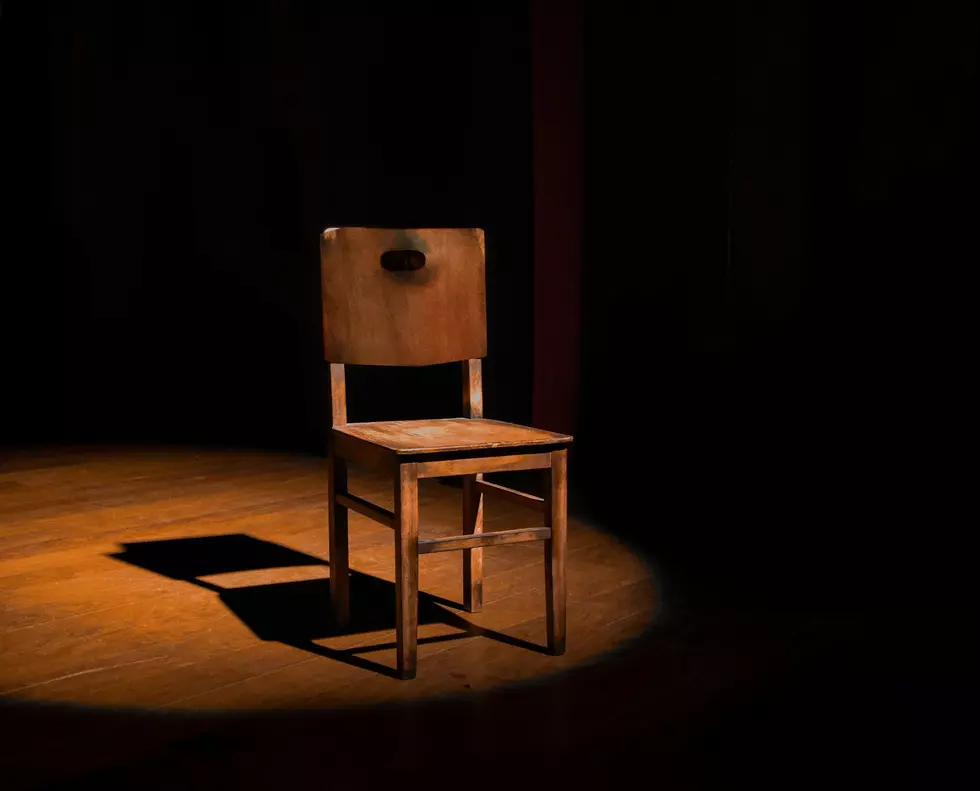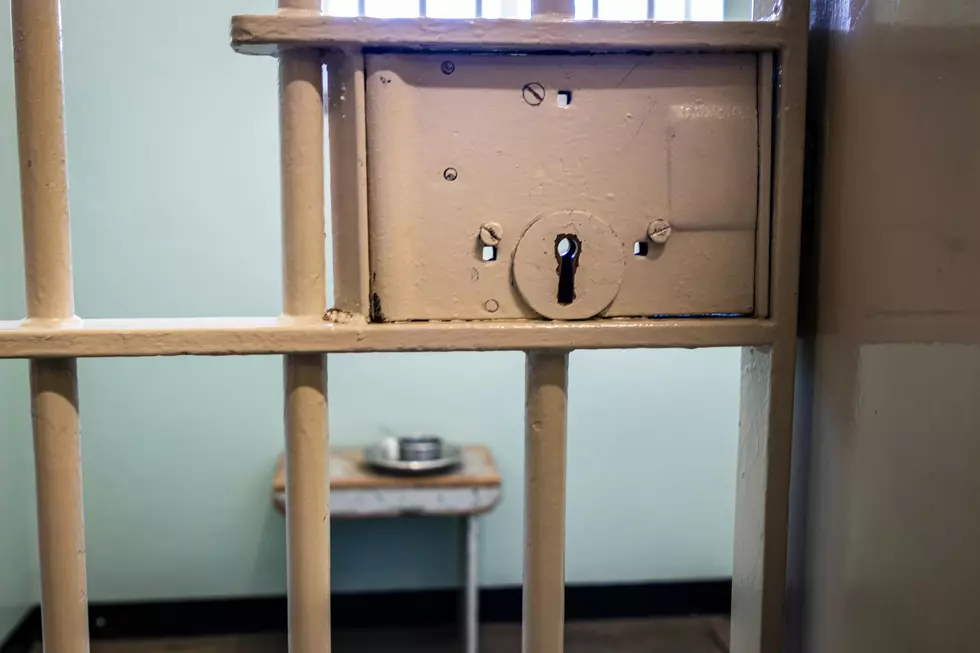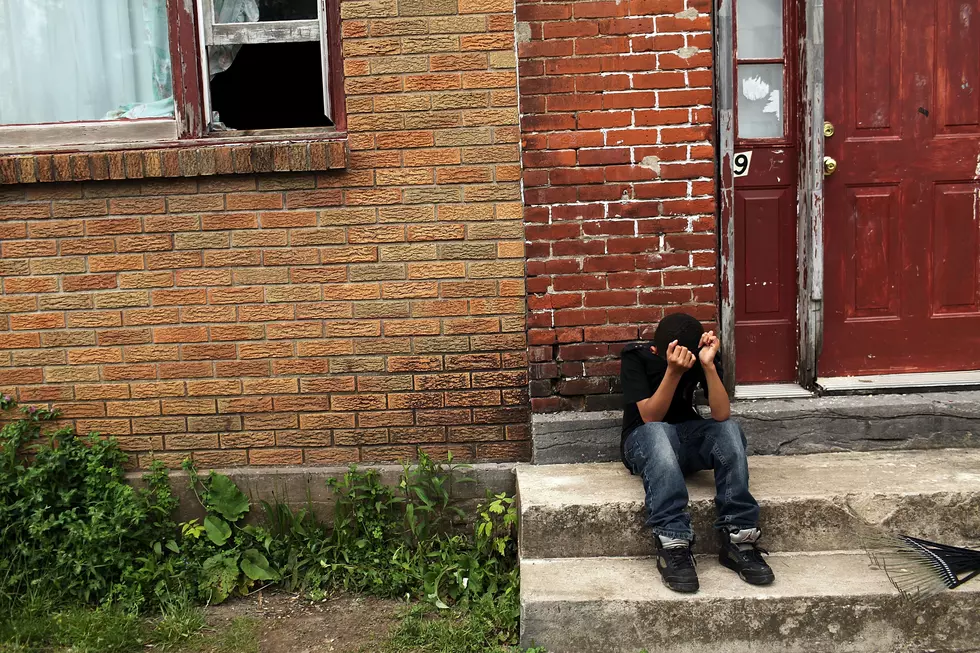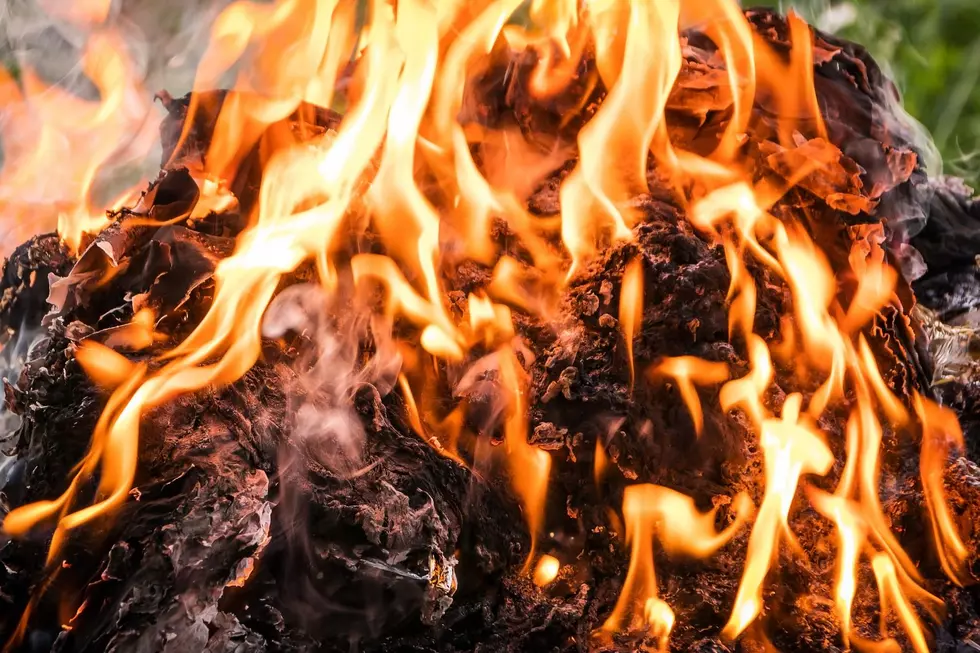
NYSEG, RG&E Bracing For Bad Weather To Disrupt Service
Utica, NY (WIBX) - New York State Electric and Gas, and Rochester Gas and Electric are urging customers to exercise caution as they brace for this round of bad winter weather. With the forecast calling for a mixed bag of freezing rain, sleet and heavy snow, officials say weather related power interruptions are possible.
NYSEG spokesperson Dan Hucko said the biggest concern the company has right now is ice. He said the looming storm may knock down power lines and trees, which could cause power outages in its service areas. "We're urging our customers to be prepared and be careful. If your power goes out, we'd like for you to call NYSEG at 1800-572-1131 and report it. And be sure to stay away from downed power lines--lines that appear dead can still be deadly."
Hucko said people should also be careful with their emergency generators. He said generators should only be used outdoors and never in the house or garage. He added that flooding could also pose a danger. "Stay out of a a flooded basement--If your sub pump stops running and your basement backs-up, stay out of the basement because their's live electrical wiring or outlets down there that may still be energized and pose an electrocution hazard." Also, he says keeping your batteries fully charged will allow you to call the proper authorities for help. Hucko says the most important thing is to stay away from downed trees and power lines.
NYSEG and RG&E list of precaution and emergency numbers are as follows:
- NYSEG and RG&E urge customers to stay away from downed power lines – even lines that appear dead can be deadly. NYSEG customers should call 1.800.572.1131 to report downed power lines or other hazardous situations; RG&E customers should call 1.800.743.1701.
- Emergency generators can be dangerous. Carefully read, understand and follow manufacturer’s instructions when operating an emergency generator. Never run emergency generators indoors; operate them only outdoors in well-ventilated areas and away from windows and doors.
- NYSEG and RG&E remind customers to stay out of flooded basements because energized wiring or outlets below the water line may pose a hazard. Natural gas service in a flooded basement may also pose a danger. If a basement or home is in danger of flooding, customers should contact their utilities to turn off electricity and/or natural gas service.
- For electricity emergencies and to report power interruptions, NYSEG customers should call 1.800.572.1131; RG&E customers should call 1.800.734.1701.
- For natural gas emergencies and to report suspected natural gas odors, NYSEG customers should call 1.800.572.1121; RG&E customers should call 1.800.743.1702.
Before a storm strikes
- Anyone who uses life-sustaining equipment that operates on electricity should contact their utility right away (NYSEG at 1.800.572.1111; RG&E at 1.800.743.2110).
- Customers may be enrolled in a critical customer program or provided specific advice on how to prepare for power interruptions.
- Keep flashlights, a battery-powered radio or TV and fresh batteries handy.
- Have at least one telephone that is not dependent on electricity. (Cordless phones won’t work during a power interruption.)
- Keep a supply of non-perishable food and bottled water on hand.
- Make sure cell phone batteries are fully charged.
During a power interruption
- Contact neighbors to see if their power is off. A loss of power may be the result of a blown fuse or a tripped circuit breaker.
- Contact NYSEG (1.800.572.1131) or RG&E (1.800.743.1701) to report a power interruption. Our telephone systems let callers report the problem, help our crews respond quickly and efficiently, and provide customers with power interruption updates. Because many people may be trying to reach us during a power interruption, phone lines may be busy. Anyone who has access to a working computer during a power interruption can also report the interruption online at www.nyseg.com or www.rge.com.
- Listen to a battery-powered radio for weather and power restoration updates.
- Turn off major appliances (electric water heaters, refrigerators and freezers) and sensitive electronic equipment (TVs, VCRs, DVD players, computers, audio equipment) to prevent overloading and possible damage when power is restored. Turning off this equipment may mean unplugging it, turning off a circuit breaker or removing a fuse for the circuit that provides power to this equipment. Leave one light switch “on” to know when power has been restored.
- Don’t use a natural gas or propane range to heat your home.
- Never use outdoor grills or stoves inside.
- Keep refrigerators and freezers closed as much as possible. Most food will last 24 hours if you minimize the opening of refrigerator and freezer doors.
After your power is restored
- If a basement or home was flooded, customers should have an electrician check the home and have a plumbing and heating contractor check natural gas appliances before contacting NYSEG or RG&E to have services turned on.
- Turn on appliances and sensitive electronic equipment one at a time to avoid overloading circuits.
- Replenish emergency supplies used during the storm.
More From WIBX 950









